Freedom of speech – can we say what we like?
Freedom of speech gives us the right to express our opinions. But does that mean that we can say what we want?

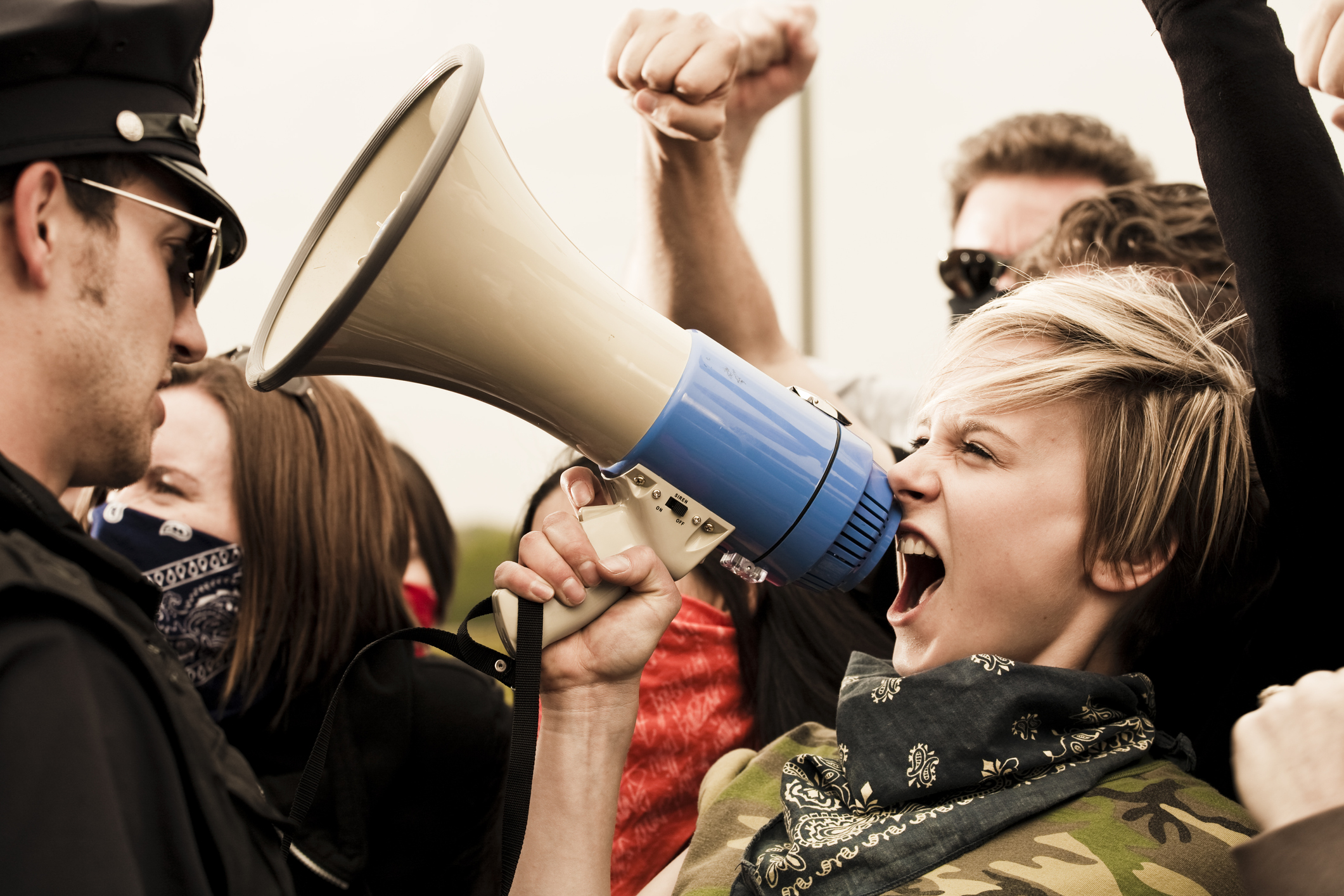
What is freedom of speech?
Imagine if someone stopped you from saying your opinion in class. Or that you would not be allowed to post something you think is important on social media. Imagine also that criticizing the government was forbidden. What if the news was censored by the state?
In Norway, we rarely need to think about such issues since we live in a complete democracy that looks after the freedom of speech of citizens.
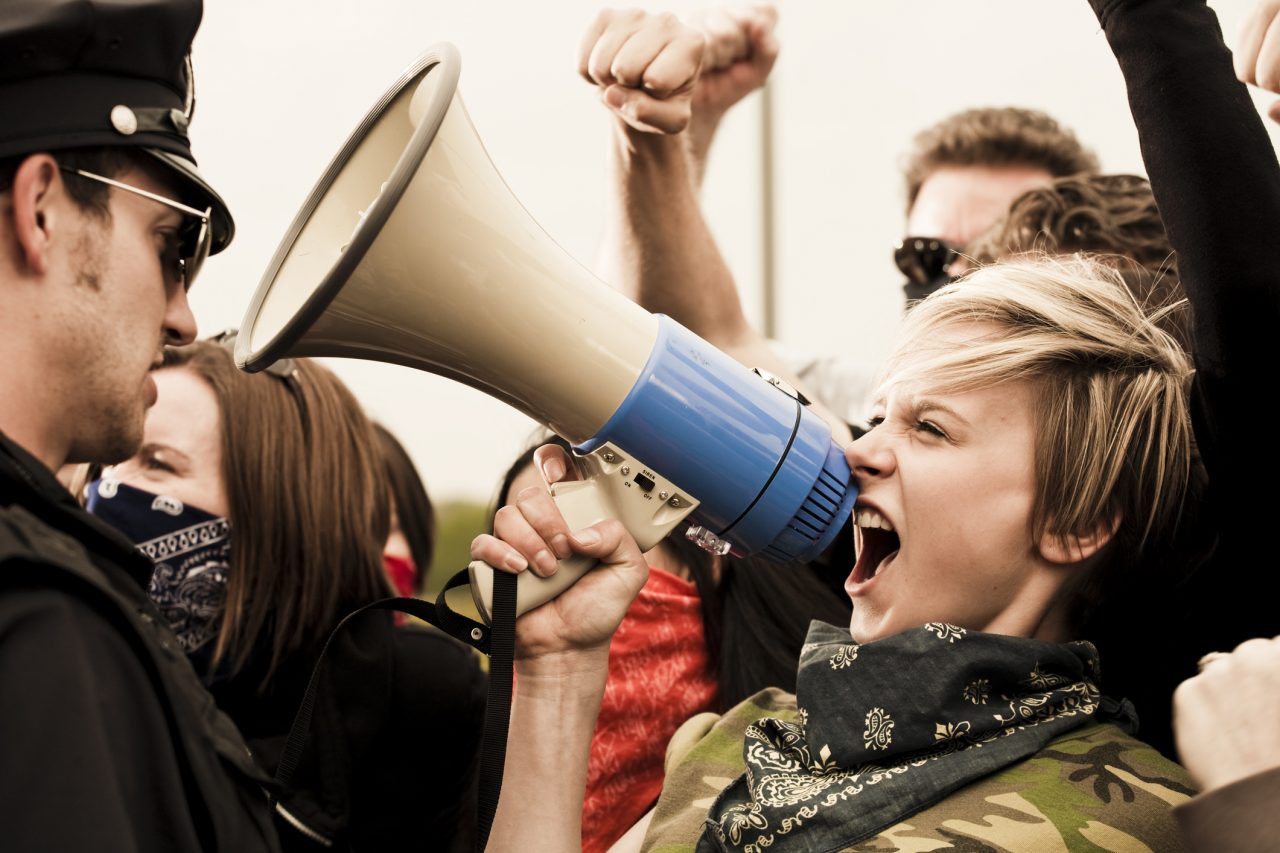
Freedom of opinion and expression is the right you have to:
- Express your opinion – as long as it is not hateful or discriminatory
- Search for, find and give information through media
Freedom of opinion and expression is protected by Article 19 of the United Nations (UN) Universal Declaration of Human Rights, which is supported by the entire world.
Explanation
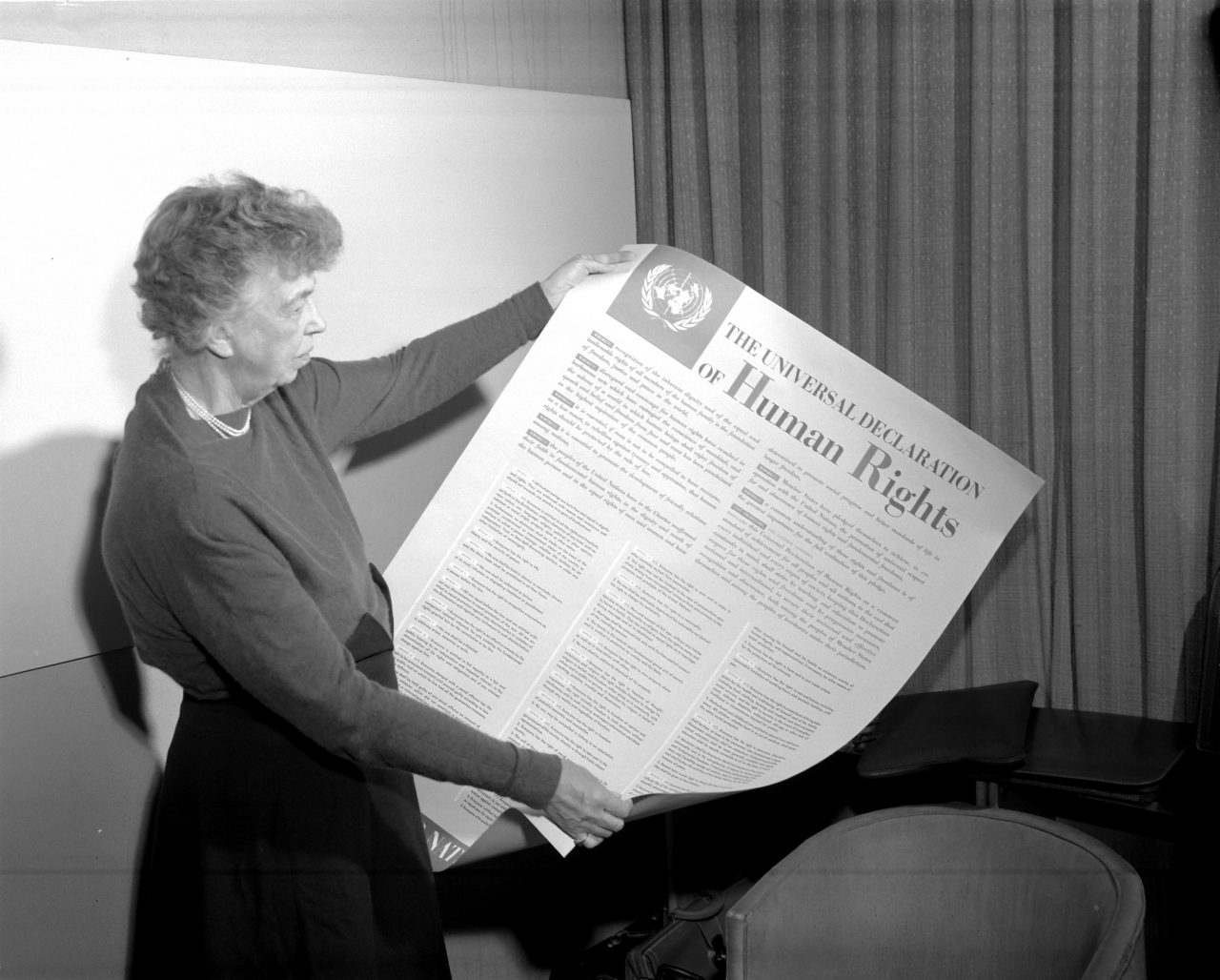
Is freedom of opinion and expression under threat?
In many countries, politicians and journalists are censored for their criticism of the government. Russia is an example of a country that has been criticized by human rights organizations for its censorship and plans that limit people’s right to express themselves.
In 2012, Russia passed an anti-propaganda law that stops people and the media from talking about LGBTQI+ people. At the same time, several journalists from Russia have been threatened after criticizing President Vladimir Putin.
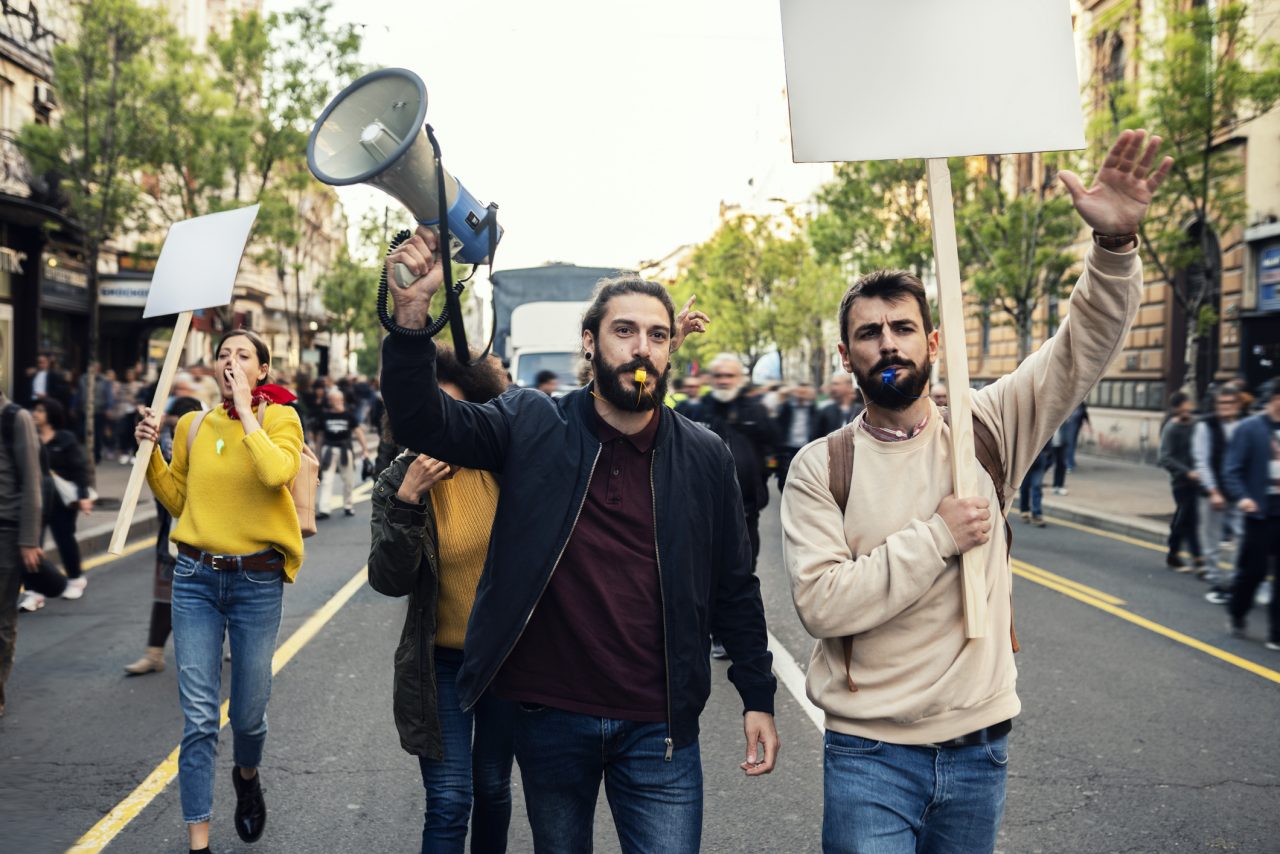
Je suis Charlie
Freedom of expression is also under threat in Western Europe. This is not about state censorship, but about threats from different groups.
In 2015, twelve people, including journalists, were murdered because they had published cartoons of the Prophet Muhammad in the newspaper Charlie Hebdo.
Several journalists and politicians around the world condemned these episodes by publishing statements on social media marked with #jesuischarlie.

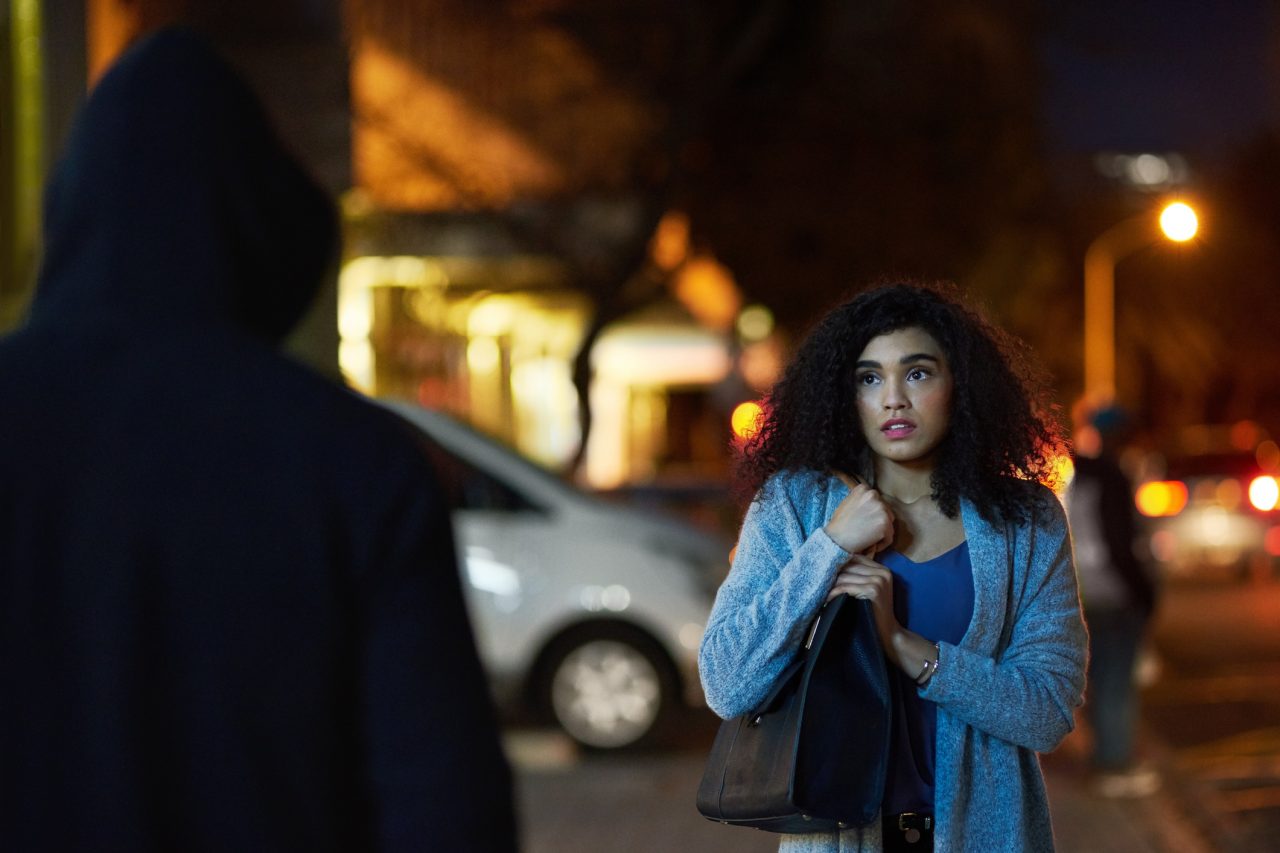

Bakgrunn med masse tekstbobler med stygge meldinger i emojier
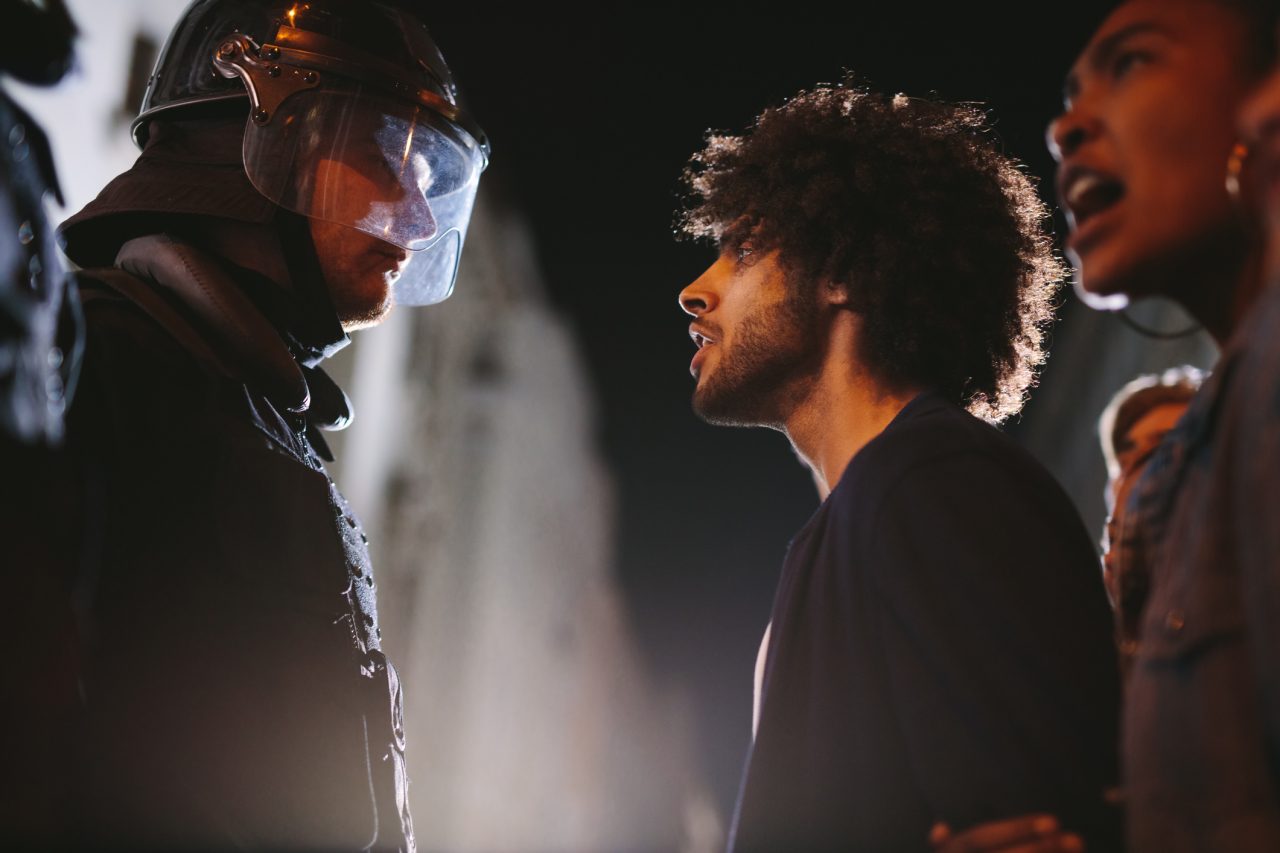
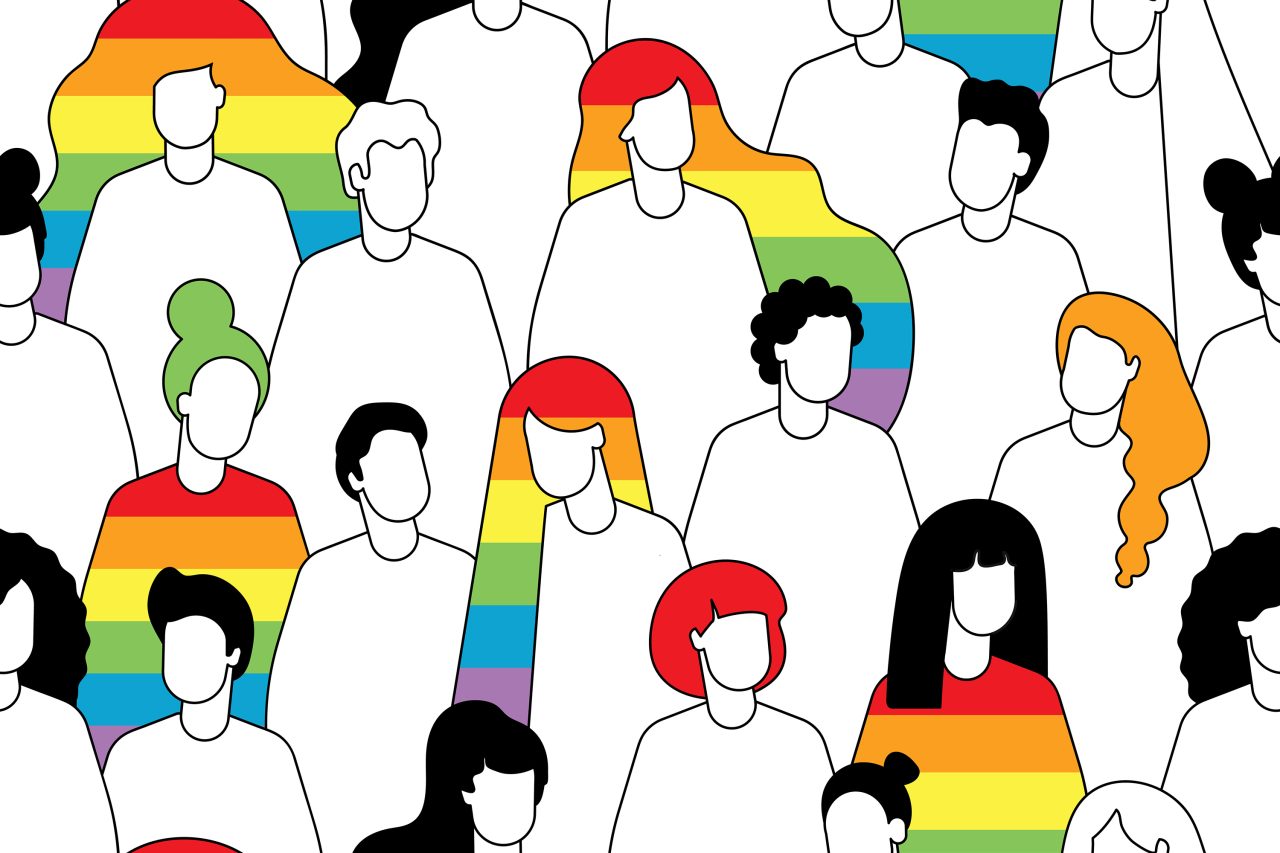
Illustrasjon av mennesker der noen har pride farger
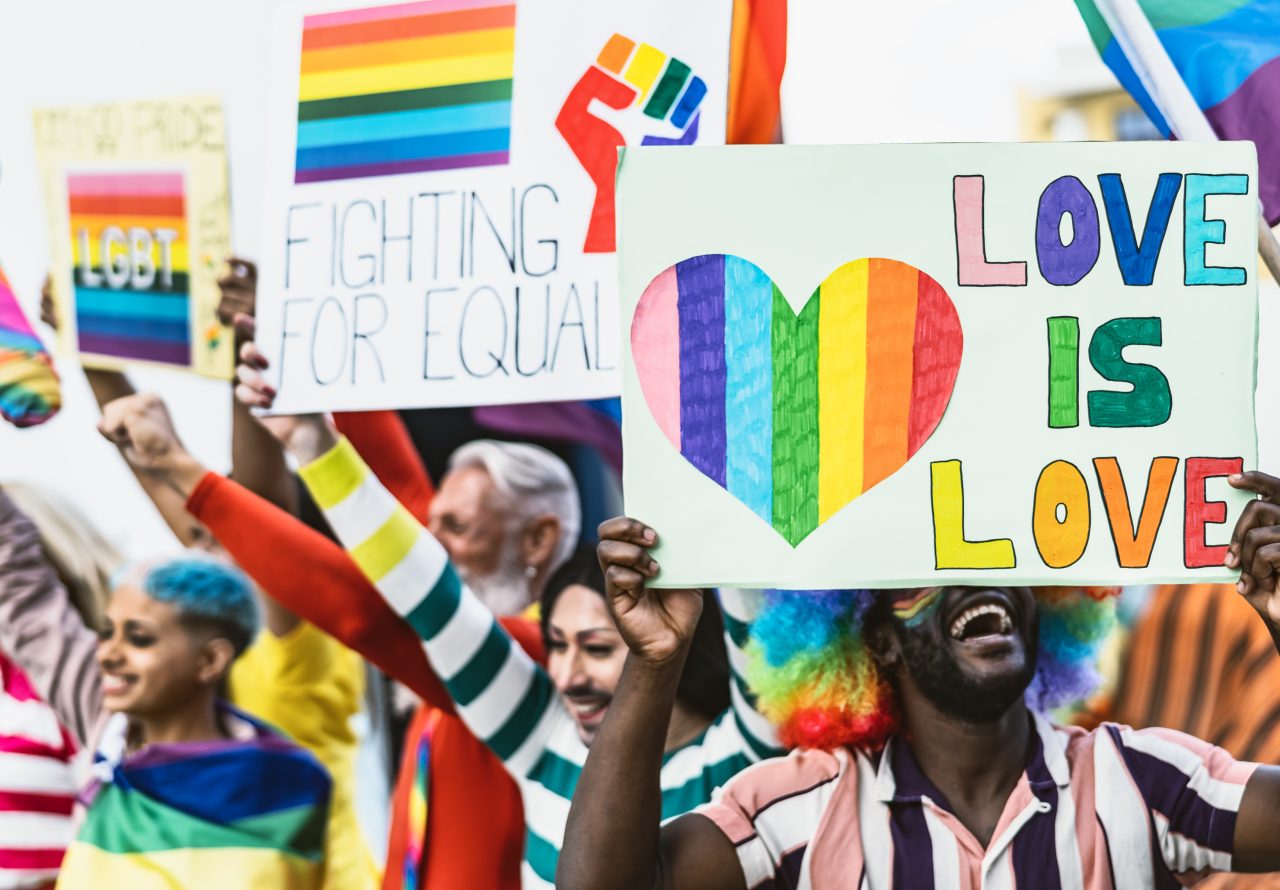
Et tog med pride plakater
How can we defend freedom of speech?
There are many ways to defend and support freedom of opinion and expression. First, the authorities should support human rights and work internationally so that more countries respect the various human rights conventions.
Another measure is to strengthen the roles of journalists so that they can inform us about and focus on issues of interest to the people. Independent media and journalists who are not censored by the state or large companies are vital to our freedom of information.
In addition, it is important to protect the freedom of expression by reporting discriminatory behavior, and actively fighting against the abuse of freedom of opinion and expression.
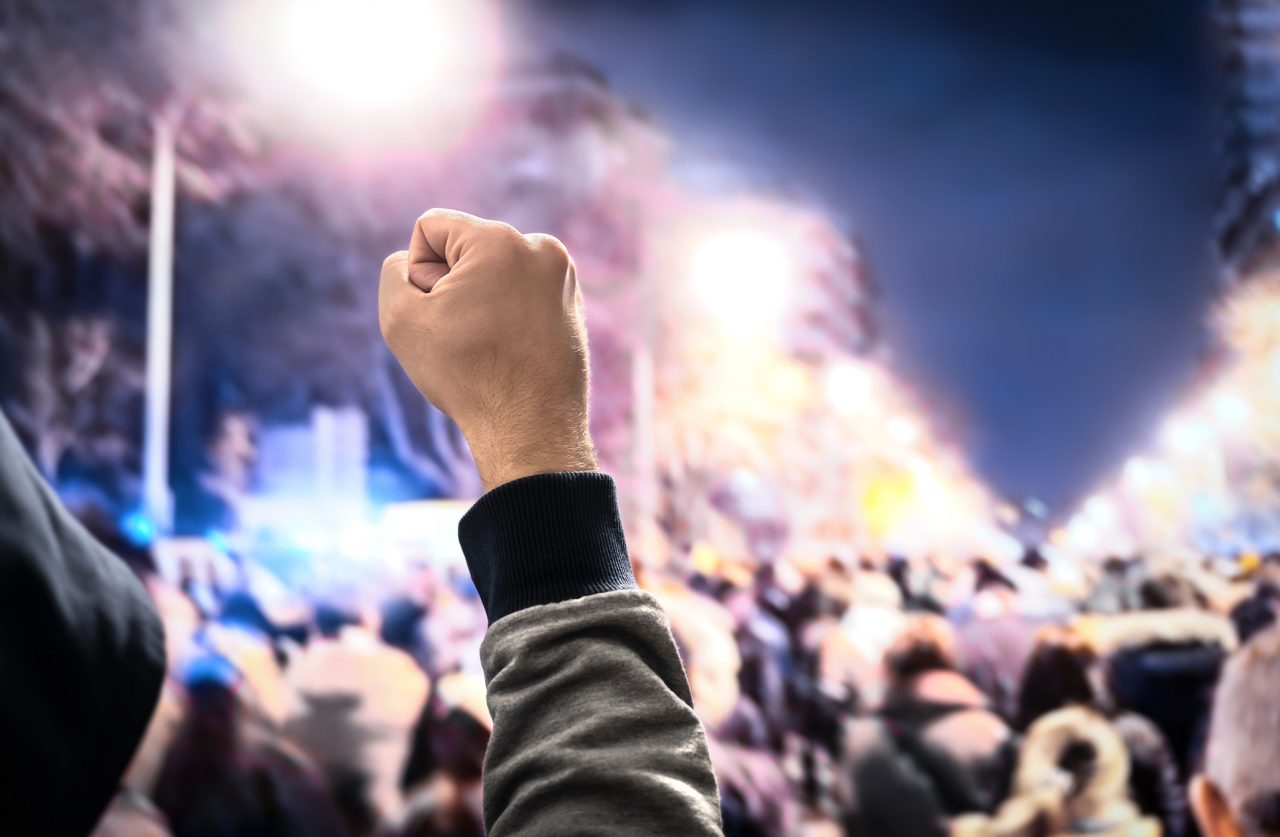
Media Rights:
-
-
Getty Images
-
Getty Images
-
NRK
-
FN
-
Getty Images
-
Sébastien Amiet (CC BY 2.0)
-
Getty Images
-
Getty Images
-
Getty Images
-

